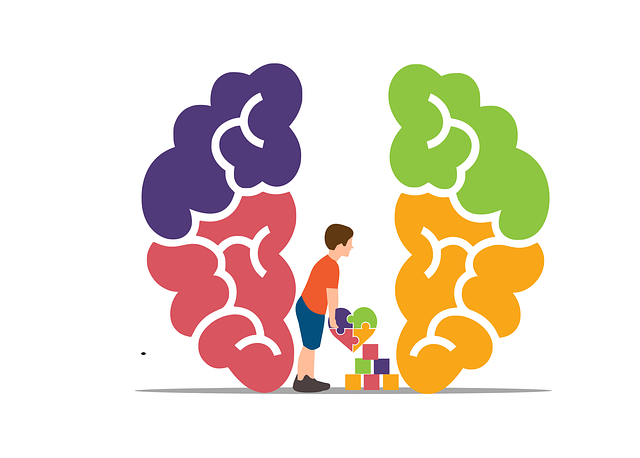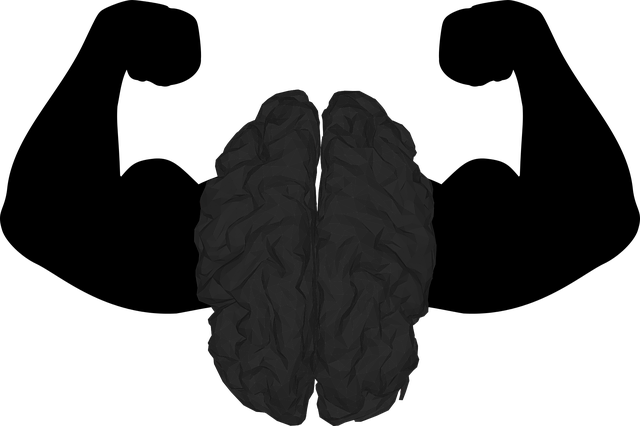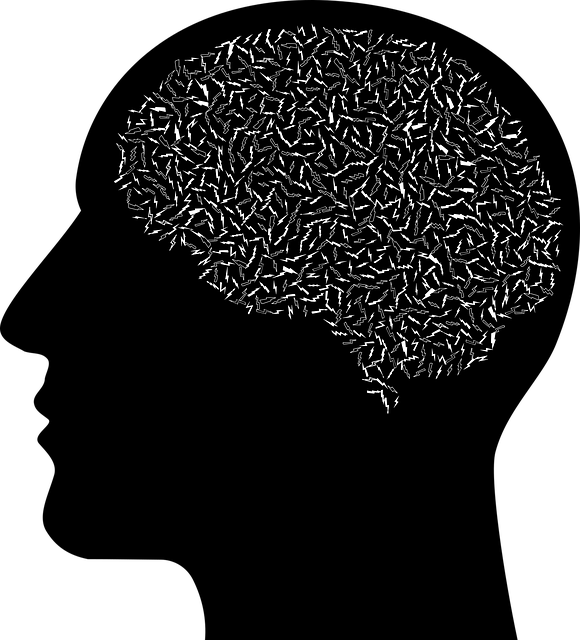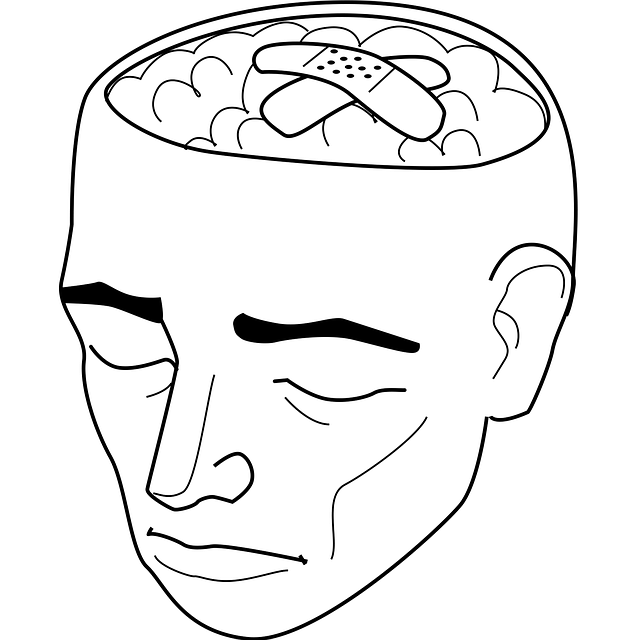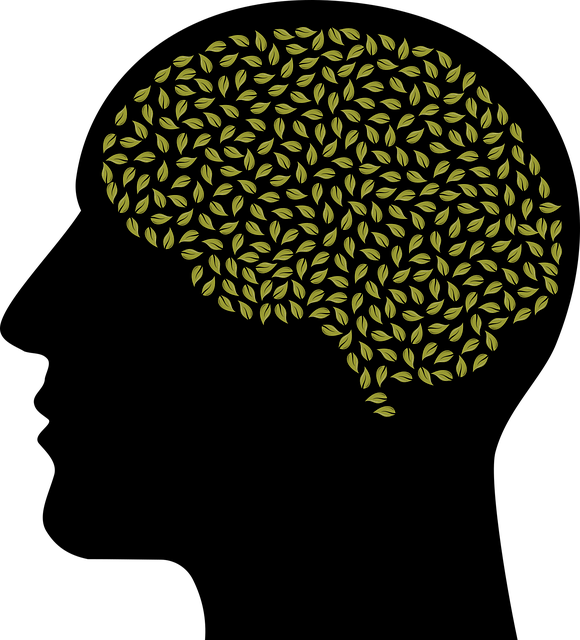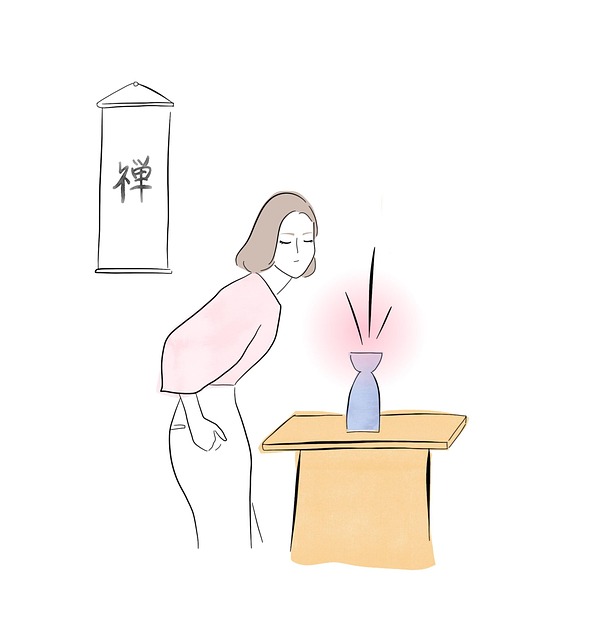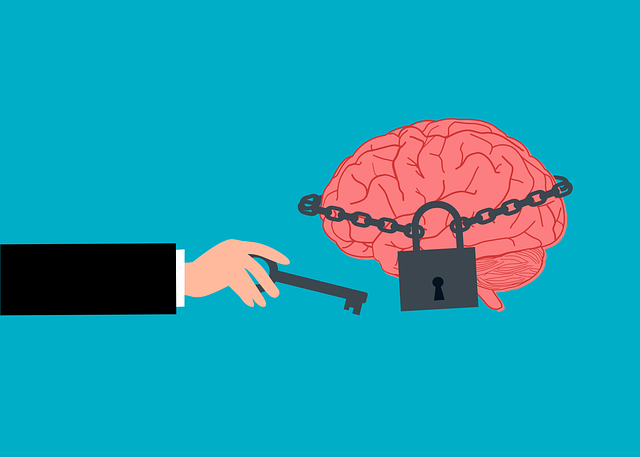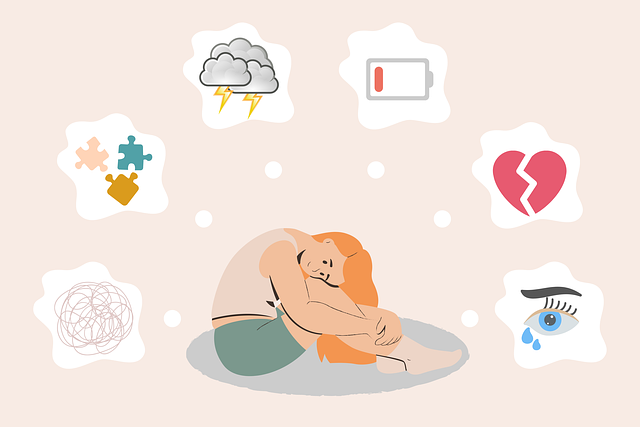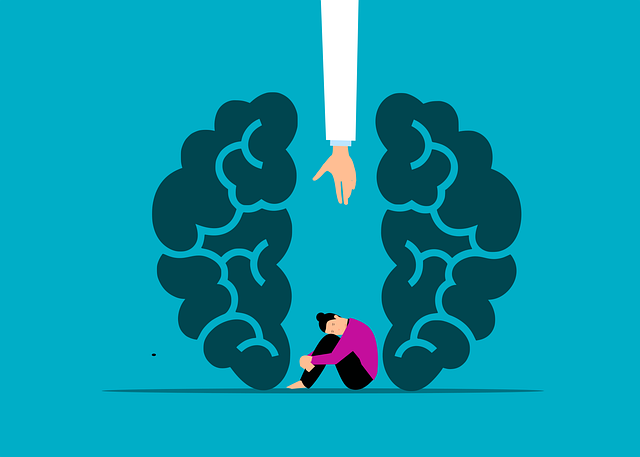Self-care is vital in today's fast-paced world for maintaining balance and resilience, with practices like Lone Tree Anger Management Therapy combining anger management solutions and wellness strategies. Setting specific goals, such as Mental Wellness Journaling, along with physical well-being activities, enhances mental wellness and emotional healing. Lone Tree Anger Management Therapy offers a transformative approach by addressing root anger issues, cultivating compassion, and promoting healthier relationships, augmenting the benefits of self-care routines through specialized techniques. Public awareness campaigns can reduce stigma, encouraging more individuals to seek support for a healthier community.
In today’s fast-paced world, self-care practices are essential for maintaining mental well-being. Understanding what constitutes effective self-care and its profound impact on our lives is the first step towards a healthier, happier existence. This article explores strategies to incorporate self-care into daily routines, highlighting the significant role Lone Tree Anger Management Therapy plays in enhancing overall well-being. By delving into these practices, you’ll discover how to cultivate a balanced and fulfilling life.
- Understanding Self-Care and Its Impact on Mental Well-being
- Strategies for Incorporating Effective Self-Care Practices
- The Role of Lone Tree Anger Management Therapy in Enhancing Self-Care Routines
Understanding Self-Care and Its Impact on Mental Well-being

Self-care is a practice that involves intentional activities designed to improve and maintain one’s physical, mental, and emotional health. It is about recognizing your needs and taking proactive steps to nurture yourself. In today’s fast-paced world, where stress and pressure can often feel overwhelming, incorporating self-care practices into daily routines becomes increasingly vital for overall well-being. By prioritizing self-care, individuals can enhance their resilience, boost mood, and cultivate a sense of balance in life.
This concept is especially relevant when considering the impact on mental wellness. Lone Tree Anger Management Therapy, as an example of specialized support, not only addresses anger management issues but also encourages clients to develop coping skills and inner strength. These therapeutic approaches often include various self-care strategies tailored to individual needs, such as mindfulness exercises, stress management techniques, and healthy lifestyle choices. Regular engagement in such practices can lead to significant improvements in mental wellness, allowing individuals to better navigate life’s challenges and enhance their overall quality of life.
Strategies for Incorporating Effective Self-Care Practices

Incorporating effective self-care practices into your routine is a powerful tool for enhancing mental wellness and emotional healing processes. Start by identifying areas in need of improvement; whether it’s managing stress, cultivating mindfulness, or prioritizing sleep, setting specific goals is key. For instance, dedicating 15 minutes daily to Mental Wellness Journaling Exercise Guidance can offer valuable insights into your emotions and thought patterns. This practice allows you to process the day, reflect on achievements, and identify triggers for anger or other intense feelings—a benefit also enhanced by Lone Tree Anger Management Therapy.
Additionally, integrating activities that nurture your physical well-being is vital. Regular exercise, a balanced diet, and sufficient rest are foundational elements of self-care. These practices not only boost mood management but also create a sense of accomplishment, further contributing to your overall mental wellness. By combining these strategies, you can embark on a transformative journey towards improved emotional resilience and a more harmonious inner landscape.
The Role of Lone Tree Anger Management Therapy in Enhancing Self-Care Routines

Lone Tree Anger Management Therapy offers a unique and transformative approach to self-care, focusing on addressing underlying anger issues that can hinder personal growth and well-being. Through specialized techniques, individuals learn to manage their emotions effectively, leading to improved mental health and enhanced self-care routines. This therapy goes beyond surface-level strategies by delving into the root causes of anger, fostering compassion cultivation practices that promote both inner peace and healthier relationships.
By participating in Lone Tree Anger Management Therapy, clients gain valuable tools for anxiety relief and stress management. The program encourages a more mindful and compassionate approach to life’s challenges, allowing individuals to break free from harmful patterns. Moreover, raising public awareness campaigns development about anger management can help reduce societal stigma and encourage more people to seek support, ultimately contributing to a healthier and more supportive community.
Self-care is not a luxury but a necessity for maintaining optimal mental well-being. By understanding the impact of self-care and implementing effective strategies, individuals can significantly enhance their routines. Lone Tree Anger Management Therapy plays a pivotal role in this process by providing tools to manage anger and stress, thereby fostering healthier self-care practices. Incorporating these techniques into daily life can lead to profound personal growth and improved overall well-being.


